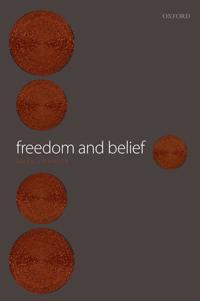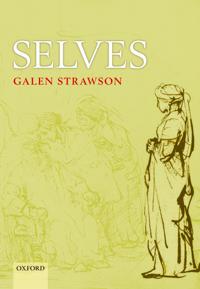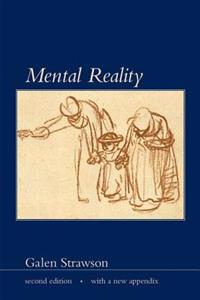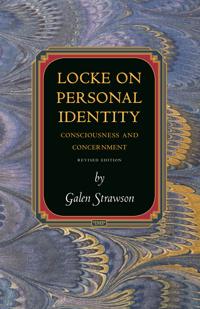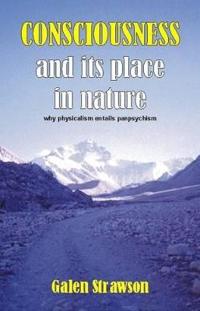Freedom and Belief (Häftad)
avGalen Strawson
ISBN: 9780199247509 - UTGIVEN: 2010-10This is a revised and updated edition of Galen Strawson's groundbreaking first book, where he argues that there is a fundamental sense in which there is no such thing as free will or true moral responsibility (as this is ordinarily understood). This conclusion is very hard to accept. On the whole we[...]
The Evident Connexion (Pocket)
avGalen Strawson
ISBN: 9780199680603 - UTGIVEN: 2013-05-30The Evident Connexion presents a bold new reading of David Hume's famous 'bundle' theory of the self or mind, and his later rejection of it. Galen Strawson illuminates the 'uniting principle' of Hume's philosophy and argues that the bundle theory does not, as widely supposed, claim that there are no[...]
Selves (Pocket)
avGalen Strawson
ISBN: 9780199693108 - UTGIVEN: 201109What is the self? Does it exist? If it does exist, what is it like? It's not clear that we even know what we're asking about when we ask these large, metaphysical questions. The idea of the self comes very naturally to us, and it seems rather important, but it's also extremely puzzling. As for the w[...]
Mental Reality (Pocket)
avGalen Strawson
ISBN: 9780262513104 - UTGIVEN: 2009-11In Mental Reality, Galen Strawson argues that much contemporary philosophy of mind gives undue primacy of place to publicly observable phenomena, nonmental phenomena, and behavioral phenomena (understood as publicly observable phenomena) in its account of the nature of mind. It does so at the expens[...]
Locke On Personal Identity (Inbunden)
avGalen Strawson
ISBN: 9780691147574 - UTGIVEN: 2011-09-19"Galen Strawson proposes an original and provocative interpretation of Locke's treatment of personal identity. Strawson makes his case with characteristic depth, insight, ingenuity, and clarity. This engagingly written work should be of great interest to historians of modern philosophy and to all ph[...]
Locke on Personal Identity (Häftad)
avGalen Strawson
ISBN: 9780691161006 - UTGIVEN: 2014-07John Locke's theory of personal identity underlies all modern discussion of the nature of persons and selves--yet it is widely thought to be wrong. In this book, Galen Strawson argues that in fact it is Locke's critics who are wrong, and that the famous objections to his theory are invalid. Indeed, [...]
Consciousness and Its Place in Nature (Häftad)
avGalen Strawson
ISBN: 9781845400590 - UTGIVEN: 200610

